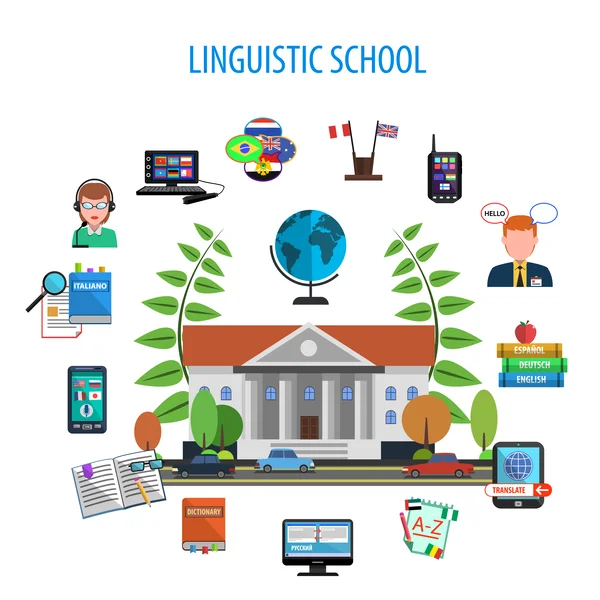
Online Linguistic Support (OLS)
Promote language learning
As the lack of language skills continues to emerge as one of the main stumbling blocks for participation in education, training and mobility opportunities for young people in Europe, Online Linguistic Support (OLS) makes language support affordable, in a flexible and simple way, as well as contributing to the achievement of a specific objective of the Erasmus + program which is to promote large-scale learning of languages and linguistic diversity.
More than 350,000 Erasmus + participants test their language skills with OLS annually and have the opportunity to improve their level with OLS language courses. Given the experiences we can affirm that on average, participants who follow OLS courses tend to actively improve their competence in at least one level of the CEFR (Common European Framework of Reference for Languages).
Who can benefit from the OLS?
The OLS is currently available for:
- Higher education students from the country of the program who study abroad for 3-12 months or carry out internships for 2-12 months in another country of the program.
- Vocational education and training students studying or training abroad for at least 19 days.
Online Linguistic Support (OLS) is available for all official European languages: Bulgarian, Czech, Danish, German, Greek, English, Estonian, Spanish, Finnish, French, Irish Gaelic, Croatian, Hungarian, Italian, Lithuanian, Latvian, Maltese, Dutch, Polish, Portuguese, Romanian, Slovak, Slovenian and Swedish.
How does it work?
By taking the OLS language assessment before embarking on the trip abroad, Erasmus + participants are in a position to prove their mastery of the language they will use in their studies or for work. Naturally, carrying out this assessment before departure is a precondition for all higher education students in order to ensure that they meet the recommended level in their destination organization (except for native speakers or in cases duly justified). Whatever the results of the language qualification, it will in no way imply that participants lose their right to participate in Erasmus +.
The possibility of an online course
All participants will have the possibility to follow an online course before and of course during their stay abroad with the intention of improving their command of the language. Access to the language course also includes a wide variety of Live Coaching activities, including tutorial sessions and interactive MOOCs. On the other hand, participants who are already capable of sufficiently mastering the main language used abroad (at least a B2 level) can if they wish to follow a language course in the language of the country, provided that said language is available in OLS.
In cases where OLS does not cover the primary language, both the sending organization and the receiving organization will provide language support by other means. Finally, upon their return, the participants will have the final evaluation, which will allow them to measure the progress made during their stay abroad.
How to take part?
If you have already been selected to go abroad with Erasmus + and meet all the criteria listed above, your institution or organization will provide you with a username and password in order to access the OLS assessment and language course, if applicable.
For more details, the participant can contact their sending institution or coordinating organization, National Agency or consult the FAQs on the OLS website.
What Erasmus + participants think
In order to find out what Erasmus + participants think of previous courses, read the interviews with Erasmus + participants who learned a language or improved their language skills with OLS:
- Almost half a million Erasmus + participants learning languages with OLS.
- Anouk, Erasmus + student, who mastered Dutch with the help of OLS.
- Mariusz, a Polish Erasmus + participant, who went from level A2 to C2 in German in just three months.
- Marco who made great progress in Spanish thanks to OLS.
- Onur who used OLS to improve his English skills.
Following the recent migration crisis, the European Commission has opened OLS to 100,000 refugees over a period of 3 years, accessible on a voluntary basis and free of charge, mobilizing a budget of 4 million euros. The aim is to support the efforts of EU countries to integrate refugees into Europe's education and training systems and to ensure the development of their skills. Since the launch of this initiative, access to more than 53,000 language courses has been provided to refugees in participating countries.